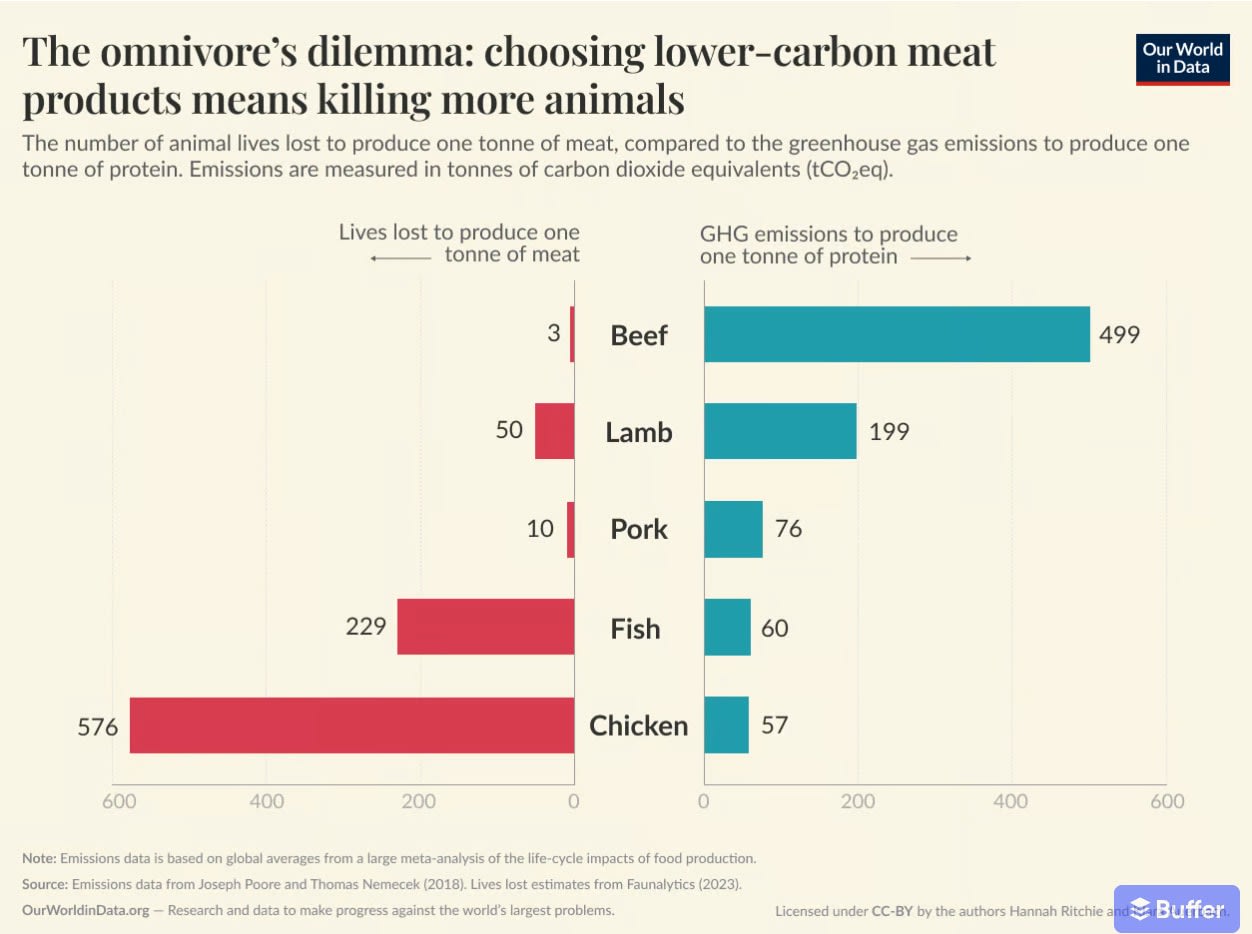I just noticed that I am very confused about what precise object level thing we think we are arguing about when we argue about the Bostrom apology.
Do we think we are arguing about whether the community should distance itself now from Bostrom, despite the apology?
Do we think we arguing about whether the original email was very offensive? Plus it was stupid to bring up all of that stuff about race and eugenics in an 'apology'?
Do we think we are arguing about whether it is evil to be a person who says 'they don't know whether there is a genetic component to the differences in racial outcomes' instead of saying 'there definitely is no possible genetic component to the differences in racial outcomes'.
Do we think we are arguing about whether these genetic drivers of behavioral differences actually exist?
etc.
I can come up with more.
I'm pretty sure different people think they are arguing about different things.
What I think I'm arguing about is first: That the community should accept as a member in good standing someone who says that they honestly don't know whether genetic differences are an important cause of black/white outcome differences in the United States.
And second: While the community probably should distance itself from someone who regularly goes around sasying what was said in the orginal post from the 90s, there is no reason to exclude someone who wrote that once, and then realized that w it hat they'd just written was dumb and a mistake.
Is this what you all think you are arguing about?
Does anyone know about research on the influence of fiction on changing elite/public behaviors and opinions?
The context of the question is that I'm a self published novelist, and I've decided that I want to focus the half of my time that I'm focusing on less commercial projects on writing books that might be directly useful in EA terms, probably by making certain ideas about AI more widely known. I at some point decided it might be a good idea to learn more about examples of literature actually making an important difference beyond the examples that immediately came to my mind -- which were Uncle Tom's Cabin, Atlas Shrugged, Methods of Rationality and the way the LGBTQ movement probably gained a lot of its present acceptance through fictional representation.
I've found some stuff through academia.edu searches (like this journal article describing the results of a survey of readers of climate change fiction), but it seems like there is a good chance that the community might be able to point me in useful directions that I won't quickly find on my own.



I just noticed that I am very confused about what precise object level thing we think we are arguing about when we argue about the Bostrom apology.
Do we think we are arguing about whether the community should distance itself now from Bostrom, despite the apology?
Do we think we arguing about whether the original email was very offensive? Plus it was stupid to bring up all of that stuff about race and eugenics in an 'apology'?
Do we think we are arguing about whether it is evil to be a person who says 'they don't know whether there is a genetic component to the differences in racial outcomes' instead of saying 'there definitely is no possible genetic component to the differences in racial outcomes'.
Do we think we are arguing about whether these genetic drivers of behavioral differences actually exist?
etc.
I can come up with more.
I'm pretty sure different people think they are arguing about different things.
What I think I'm arguing about is first: That the community should accept as a member in good standing someone who says that they honestly don't know whether genetic differences are an important cause of black/white outcome differences in the United States.
And second: While the community probably should distance itself from someone who regularly goes around sasying what was said in the orginal post from the 90s, there is no reason to exclude someone who wrote that once, and then realized that w it hat they'd just written was dumb and a mistake.
Is this what you all think you are arguing about?